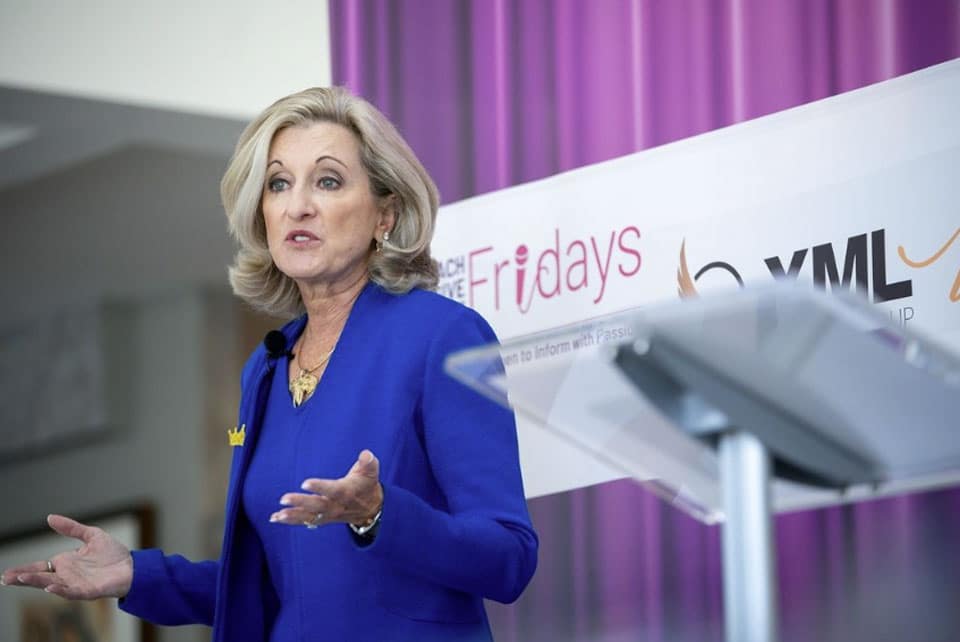It’s Your Money, and You Should Protect It Wisely

A fundamental principle that fueled the American Revolution was “no taxation without representation.” Similarly, the French Revolution’s rallying cry of “Liberty, Equality, Fraternity” demanded equal rights, including a fair tax system that served the people, not just the elite.
Today, we often lose sight of the fact that governments are sustained by the money they collect from us. The good news is that in democracies, we have a choice in how that money is spent, and we exercise that choice by voting.
However, as Margaret Thatcher famously warned, “The problem with socialism is that you eventually run out of other people’s money.” This sentiment resonates with taxpayers who feel that their contributions are increasingly stretched to fund the growing ambitions of global institutions like the United Nations, the International Monetary Fund (IMF), and the World Bank. Originally established to support post-World War II recovery and global stability, these organizations have broadened their mandates to tackle climate change and social issues. While some see this expansion as necessary progress, others argue it drains resources from critical domestic needs without clear returns for the taxpayers who fund them.
As government and quasi-governmental institutions expand and grow, the private sector faces its own challenges. Large corporations are often seen as cutting deals with governments that undermine competition, while smaller businesses become entangled in regulatory frameworks that stifle their ability to compete.
As innovation is hampered, publications from center-right and libertarian viewpoints frequently emphasize the risks of expanding government influence and regulatory frameworks, warning that these trends threaten the competitive environment and economic freedom essential for global growth and entrepreneurship. Elon Musk’s acquisition of Twitter (now X) highlighted the battle to protect free speech from excessive content moderation. Similarly, despite its potential as a clean energy source, nuclear energy continues encountering regulatory challenges and public concerns, particularly from environmental groups. Disruptive companies like Airbnb have also faced legal challenges as traditional hotel associations and local governments push for stricter regulations on short-term rentals in response to the changing business environment.
These developments have forged unusual alliances, with some voters aligning with figures as diverse as Donald Trump, Robert Kennedy Jr., and Tulsi Gabbard, while others back Kamala Harris, Taylor Swift, and Liz Cheney. This blending of political and cultural figures reflects a broader dissatisfaction with traditional power structures. If you live and vote outside the U.S., you may witness similar shifts as people increasingly challenge established norms and institutions globally.
As a business owner, you likely don’t consider yourself a revolutionary. You focus on providing for your family and employees, not shaking things up. However, you can make a meaningful impact in times of political and economic uncertainty.
You can navigate the challenges of today’s political and economic environment while positively impacting your business and the broader community. Reintroducing common sense solutions can help shape a more stable and sustainable future for your business and community over the next few years.
Focus locally if national influence feels out of reach: Engage with local leaders and issues where your voice can make a tangible difference.
Nurture future leaders: Hold virtual and in-person events that offer platforms for emerging leaders to present their economic and business ideas, helping to shape the future.
Ask thoughtful questions: Write balanced, non-inflammatory articles highlighting key points crucial for your business growth while educating influencers on what matters most to your industry and how your solutions will solve their needs.
Foster inclusive discussions: Host roundtable events that welcome diverse perspectives. Even if someone opposes your views 40% of the time, focus on building action plans around the 60% where common ground exists to benefit your community and industry.
Most importantly, stay engaged and remember to vote. Living in a democracy is a privilege—use it to express your opinion, protect your business, and help shape the future.
Written by Lisa Gable.
Have you read?
Swiggy and Zomato Rivalry Intensifies as Swiggy Steps into Sponsor Shark Tank India Season 4.
EU’s Tariffs on Chinese Electric Vehicles Spark Controversy Over Protectionism.
Taylor Swift, with a Net Worth of $1.6 Billion, Overtakes Rihanna and Becomes the Richest Female Musician.
Best Fashion Schools. Best Universities. Best Medical Schools. Best International High Schools. Countries: Most Female Billionaires.
Bring the best of the CEOWORLD magazine's global journalism to audiences in the United States and around the world. - Add CEOWORLD magazine to your Google News feed.
Follow CEOWORLD magazine headlines on: Google News, LinkedIn, Twitter, and Facebook.
Copyright 2025 The CEOWORLD magazine. All rights reserved. This material (and any extract from it) must not be copied, redistributed or placed on any website, without CEOWORLD magazine' prior written consent. For media queries, please contact: info@ceoworld.biz








